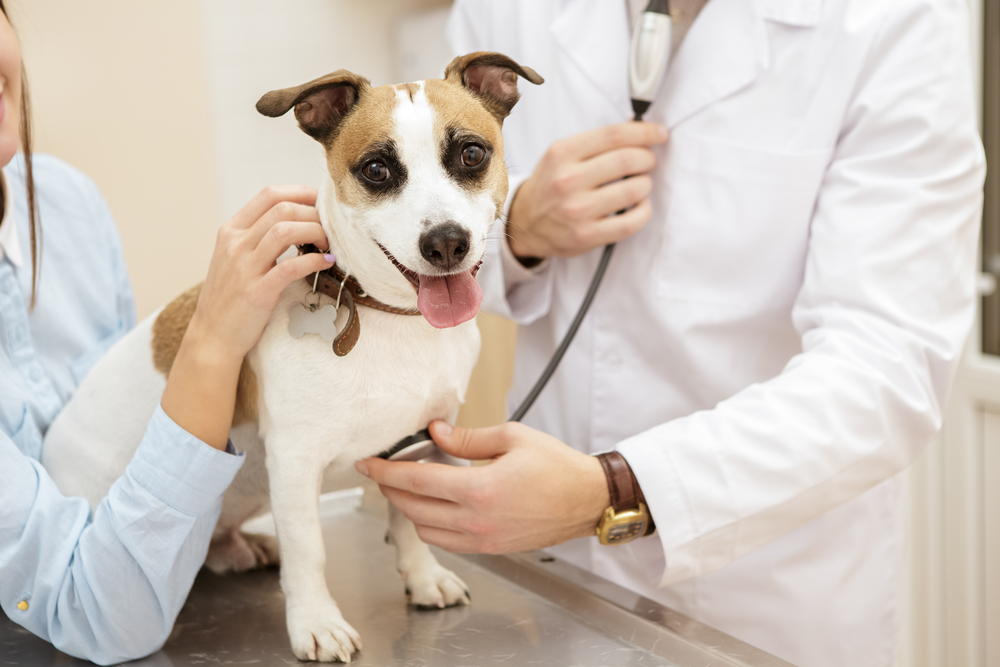When you have a busy life, it can be difficult to fit in appointments, particularly if they are for something that is considered non-urgent. For this reason, things like routine check-ups often get delayed. If you are a pet owner, you may have also found yourself considering delaying your pet’s vaccination appointments. After all, surely being a few days or weeks late isn’t going to do them any harm, is it? Actually, you may be surprised. If your pet is unfortunate enough to come into contact with a harmful disease in the period between when their vaccine was due and when they receive the next dose, it could have life-threatening consequences for them.
Here’s what you need to know about vaccines and just why it is so important for your pet to receive their vaccinations on time every time.
Vaccines: An Overview
Vaccines are a medical innovation that is designed to stimulate the production of antibodies and provide immunity against a single disease or group of specific diseases. Vaccines are created from the causative agent of the disease and then altered so that while they trigger the body to produce antibodies, they don’t actually cause the recipient – be it a human or pet – any harm.
There are lots of different vaccines for both humans and people. Their development has saved countless lives as they are usually created to provide protection against the most serious and dangerous diseases. In animals, vaccines are divided into two groups. These are known as ‘core’ and ‘non-core’ vaccines.
Core vaccines
Core vaccines are those which are given to all animals of a particular species irrespective of their individual age, health, or location. This is because they are considered vital for all animals regardless of their risk of exposure. Core vaccines for dogs include rabies, parvovirus, distemper, and canine hepatitis. Meanwhile, core vaccines for cats include feline distemper, feline calicivirus, and feline herpesvirus.
Non-core vaccines
Non-core vaccines are those which are given to animals on the recommendation of their veterinarian. This is because their vet feels that they are at significant risk of exposure and would benefit from protection against them. This may be based on their age, their current health status, their location, or some other reason. Non-core vaccines for dogs include Bordetella (kennel cough), Lyme disease, and canine influenza. Non-core vaccines for cats include feline leukemia virus and Bordetella.
Why Is It Important to Ensure My Pet is Current On Vaccines?
Vaccines are an extremely effective way of protecting animals against disease. However, most of them don’t offer permanent protection, but instead will only continue to trigger your pet’s body to produce antibodies to fight them for a certain number of months or years. At this point, further vaccination is needed to ensure that the production of these antibodies continues. As it isn’t known exactly how long your pet’s protection will last, it’s crucial that you ensure that your pet obtains their boosters at the schedule recommended by your veterinarian and not any later.
It is also important to note that there are also legal implications if you fail to get your pet appropriately vaccinated. In most areas of the United States, the law requires owners to have dogs, cats, and rabbits vaccinated against rabies. Failure to do so could see you fined, your pet quarantined or in some cases, your pet may even be euthanized.
If you would like to find out more information about vaccines for your pet, please don’t hesitate to speak to our knowledgeable veterinary team in Bozeman, MT.








